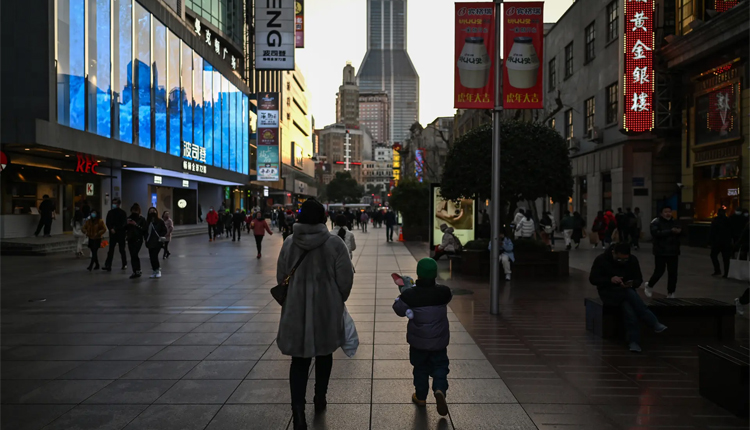Economists anticipate a brief uptick in China’s consumer prices index, attributed to a delayed Lunar New Year holiday and a surge in post-pandemic spending, However, signs of sluggish domestic demand overshadow this, suggesting the rise may not be sustained, Bloomberg reported.
Last month’s 0.7 per cent increase in the consumer price index (CPI), the first since August, was bolstered by holiday-related consumption rebounding to pre-pandemic levels. Nevertheless, China’s economy endured a prolonged deflationary period in 2023, signalling weak domestic demand even after COVID restrictions were lifted.
Concerns persist over low consumer sentiment, exacerbated by job losses and declining property prices. Analysts argue that sustained improvement hinges on household income growth and a turnaround in the property market.
Beijing has implemented modest fiscal stimulus measures and is expected to introduce further monetary easing to stimulate demand. Yet, these efforts might not suffice to achieve the government’s ambitious growth targets.
Although inflation is expected to return, forecasts suggest a modest increase below the official target of 3 per cent. Temporary factors such as holiday-driven spending and adverse weather contributed to the February increase, but deflationary pressures linger.
Factory-gate prices continued their prolonged decline, highlighting persistent overcapacity and suppressed inflation. China’s growth model, heavily reliant on investment, is seen as a barrier to sustained inflation, with long-term prospects subdued relative to pre-pandemic norms.


